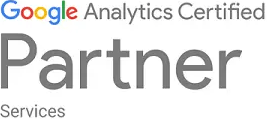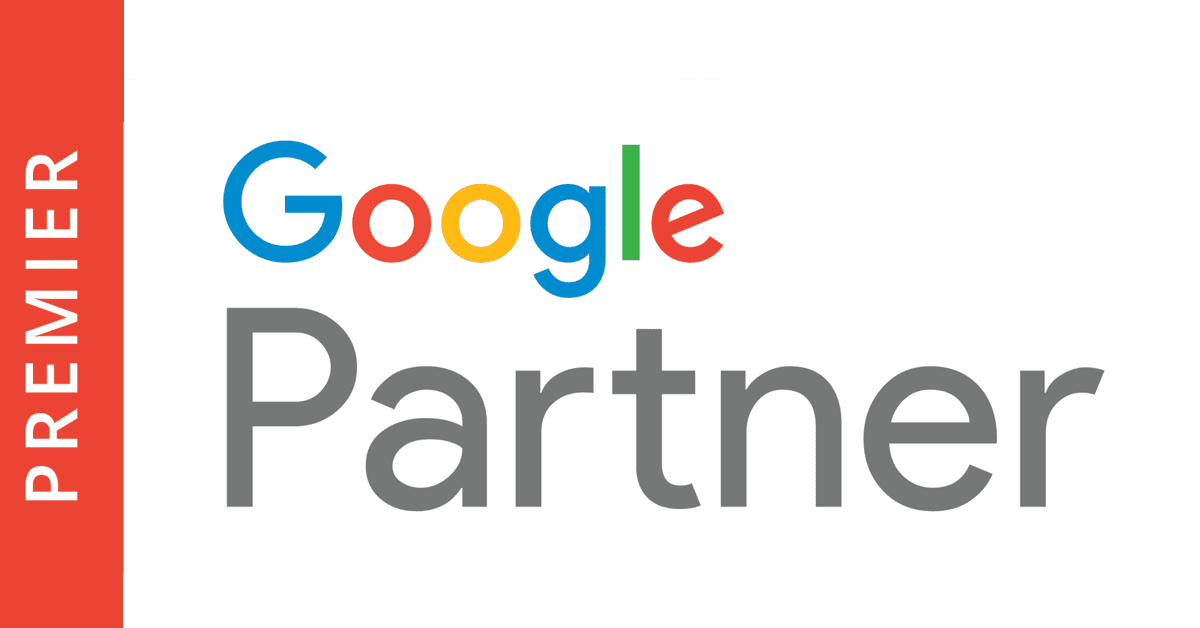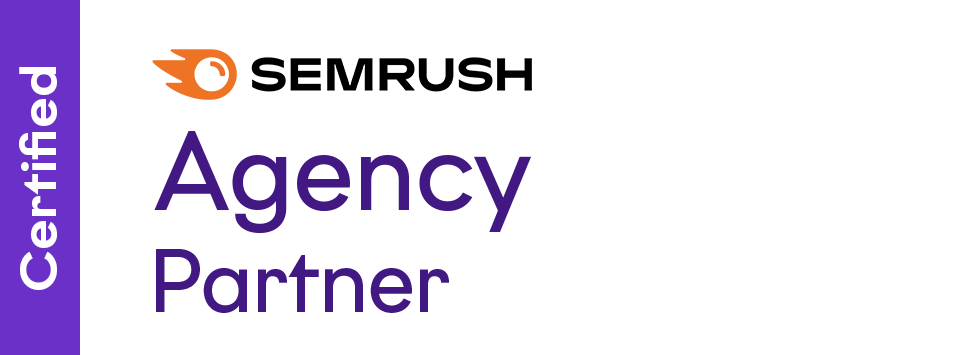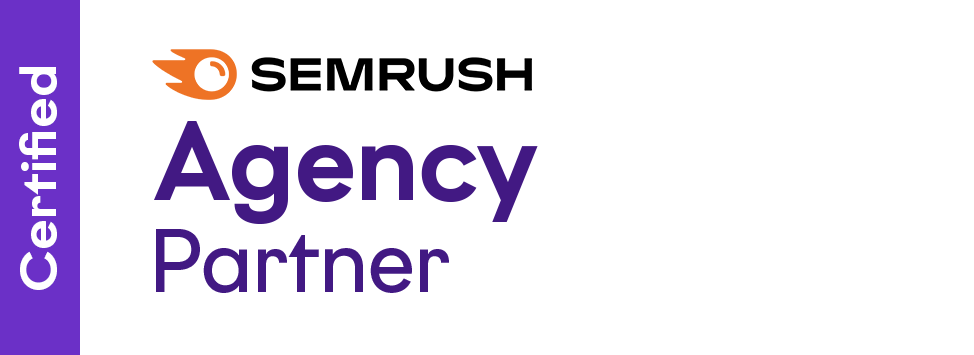E-commerce stores live in the online realm, and search engines are one of the most popular methods for brands to introduce their products to potential customers. As such, finding ways to boost your Google search rankings will prove imperative to sustain strong, rewarding awareness and sales growth.
The foundation of a powerful SEO strategy begins with selecting the right eCommerce platform. The choice often boils down to two leading contenders: WordPress and Shopify.
In this comprehensive analysis, our experts at Digital Eagles will explore WordPress vs Shopify regarding search engine optimisation, equipping you with the insights needed to select the platform that aligns with your SEO goals.
SEO – WordPress vs Shopify
Advantages of Shopify SEO
- SEO-Friendly Platform: In-built SEO-friendly features like automatic XML sitemap generation and customisable title descriptions and meta tags, simplifying technical SEO aspects.
- User-Friendly Interface: Intuitive navigation and a range of SEO tools, including customisable titles, meta descriptions, canonical URLs, and sitemap.xml files. It also offers SEO apps for keyword research, backlink building, and on-page optimisation.
- Built-in Mobile Optimisation: Online stores are automatically mobile-friendly with mobile theme architecture, retaining mobile device users and highly valued by Google.
- Reliable Hosting: Fully hosted platform handling all technical aspects such as security, updates, and maintenance, ensuring minimal server downtime and security issues.
- Fast Page Load Speed: Optimised infrastructure for high traffic and large product catalogues, ensuring fast loading speeds. Offers optimisation tools like image compression, CSS, JavaScript minification, and CDNs to enhance loading times.
Disadvantages of Shopify SEO
- Limited Technical Customisation: Restricts control over advanced technical aspects like URL customisation, schema markup, and server configuration, potentially limiting specific SEO strategies and advanced tool usage.
- Restricted URL Customisation: Automatically generates URLs based on page or product title, limiting customisation without third-party apps or code adjustments, leading to longer, more complex URLs.
- Limited Blogging Capabilities: Basic blogging platform with limited formatting options and lack of support for plugins or third-party tools, making it less suitable for businesses relying heavily on blogging for SEO.
- Higher Costs: The basic package starts at $56 per month, which is generally more expensive than other alternatives. This may not be justifiable for businesses with tight budgets.
Advantages of WordPress SEO
- SEO-Focused Codebase: The codebase is customisable and SEO-friendly, with clean, semantically structured code that is easy for search engines to crawl and index. It supports advanced SEO strategies like schema markup and is implementable via plugins or custom code.
- Excellent Blogging Capabilities: Optimised for content creation and management with a user-friendly, feature-rich blogging platform. Provides extensive formatting options, media embedding, various plugins for meta description and title tag customisation, and sitemap generation.
- Diverse, Mobile-Responsive Themes: Offers a vast selection of mobile-responsive themes specifically designed for WordPress, allowing for extensive design customisation.
- Abundant SEO Plugins: Access to a wide range of SEO plugins, such as Yoast SEO, enabling easy optimisation of titles, meta descriptions, images, and other elements, enhancing overall site SEO.
Cons of WordPress SEO
- Need for Expertise: Requires knowledge and experience to effectively optimise. Key areas needing expertise include:
- Keyword Research: Identifying and targeting the right keywords.
- Content Optimisation: Manual effort is often required despite plugin suggestions.
- Technical SEO: Optimising site structure and handling technical SEO aspects.
- Analytics: Setting up and utilising tools like Google Analytics for performance tracking.
- Limited Customer Support: As an open-source platform, WordPress lacks centralised customer support. Users rely on forums, community groups, and plugin documentation, which may not provide the same level of assistance as dedicated support teams.
- Potential for Slow Speed: Can be slower than Shopify due to factors like server health, image compression, database optimisation, and multiple plugins. Shopify’s optimised server architecture often results in faster performance, potentially impacting SEO and user experience for WordPress sites.
Shopify SEO vs. WordPress SEO – Which is Right for You?
When deciding between Shopify and WordPress for your SEO needs, several factors come into play, including performance, functionality, pricing, and ease of use:
Shopify is ideal for those wanting to set up an eCommerce storefront without needing coding expertise. It offers built-in SEO optimisation, making it easier for users with minimal technical knowledge to optimise their sites effectively. With its user-friendly interface and reliable hosting, Shopify is a great choice for quickly launching an online store.
WordPress, on the other hand, excels at customisation. It allows users to extend their site’s functionality significantly, making it perfect for those desiring a unique website design and full control over its features. WordPress also offers a wide range of SEO plugins and tools to enhance your site’s ranking performance.
Both Shopify and WordPress are excellent choices for meeting your SEO requirements. Shopify might be the better option if you prioritise high speed and a straightforward interface. WordPress is likely the best fit if you need significant SEO customisation and a more flexible pricing structure.
Why are Shopify/WordPress SEO Services Essential for E-Commerce Businesses?
Without a regular stream of online visitors, your store won’t generate sales and could become unsustainable. For those not leveraging the power of social media influencers, optimising your eCommerce store for search engines provides a more cost-effective, long-term solution.
Although it can take between three to twelve months to see significant results from your SEO efforts, ranking on Google’s first page gives you a competitive advantage and fosters business growth. Effective search engine optimisation enables you to:
- Increase search engine traffic
- Attract a constant flow of customers at a more affordable rate than other marketing channels
- Boost sales by attracting more visitors
- Improve lead quality by aligning with search intent
- Enhance your website’s authority by creating a user-friendly and relevant site
- Raise brand awareness
An optimised product page will continually draw traffic as long as it remains relevant, helping you reduce marketing costs and achieve a better return on investment.
Investing in tailored WordPress SEO or Shopify SEO services can significantly enhance your online presence and drive business growth by optimising your site’s unique strengths:
- Customised Strategies: Maximise the platform’s flexibility with bespoke SEO tactics.
- Advanced Optimisation: Utilise plugins and tools for comprehensive site optimisation.
- Ongoing Support: Ensure continuous updates and monitoring for optimal performance.
- Platform-Specific Tactics: Leverage the platform’s built-in SEO features and fast loading speeds.
- Optimised Product Listings: Enhance discoverability with targeted keyword optimisation.
- Enhanced User Experience: Improve mobile optimisation and design to boost conversions.
Tailored SEO services help improve search engine visibility and user experience, leading to sustainable growth and higher profitability for your business. For more information, contact us at Digital Eagles today.



















